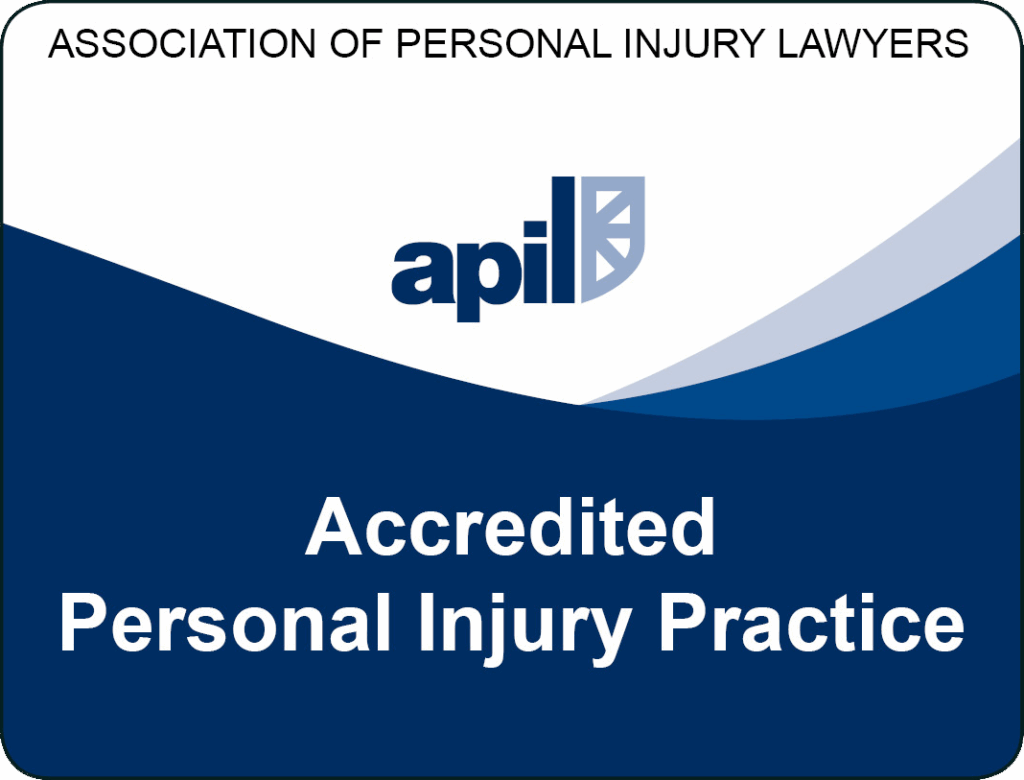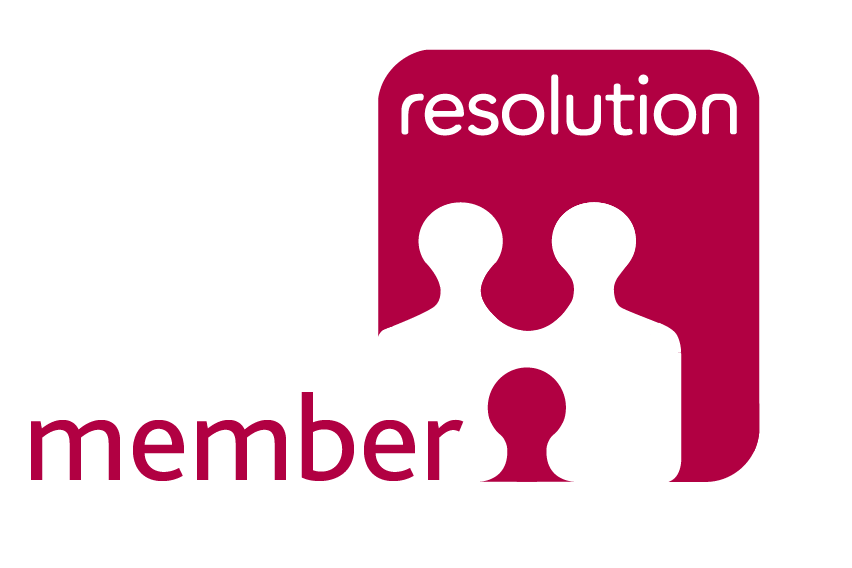What are the MEES?
The Minimum Energy Efficiency Standards (“MEES”) were introduced by the Energy Efficiency (Private Rent Property) (England and Wales) Regulations 2015 (“the Regulations”) in March 2015. The MEES establish a minimum standard for energy efficiency for non-domestic (and domestic) private rented properties in England and Wales.
All commercial premises currently have an energy efficiency rating from A-G. From 1 April 2018, the Regulations will make it unlawful for landlords of commercial (and residential) premises to enter into new lettings where the premises have an energy efficiency rating of ‘F’ or ‘G’ (currently the lowest two grades). This requirement will be extended to existing lettings from 1 April 2023 (the rating level may increase in the future). It is reportedly estimated that 20% of commercial premises are currently in the ‘F’ and ‘G’ EPC rating.
There are financial penalties for non-compliance up to a maximum of £150,000.
Are there any exemptions?
The MEES will not apply to those properties that do not require an Energy Performance Certificate (“EPC”) under the current regulations. It may not always be straightforward to assess whether a property or tenancy is subject to the MEES and the government has produced some guidance for landlords which provides a detailed explanation of how the MEES will apply.
Why are they being introduced?
The UK Government and EU are striving to show their commitment to meeting climate change targets to reduce greenhouse gas emissions. One of the ways they are seeking to achieve this is through greater energy efficiency in buildings. We have yet to see the impact of Brexit on the MEES Regulations and whether there will be any changes to the standards imposed by the EU Directive.
What should landlords and investors do?
The changes mean that a landlord will be prevented from letting their premises until an EPC rating of at least E is met; although the MEES do not currently impose any actual obligation on the landlord to undertake alterations to their properties to increase the EPC rating to E or above.
It should be noted however that valuations and rent reviews for commercial premises that do not meet the MEES may be affected unless work is undertaken to meet the minimum standards.
It is therefore important that landlords fully consult with their solicitors, surveyors and EPC assessors as part of their energy assessment plan for their premises and businesses. In some cases, relatively low cost alterations could be made resulting in an upgrade of the EPC rating. There may also be opportunities to take advantage of lease breaks, void periods and routine maintenance to enable energy efficiency works to be carried out.
Our legal team specialises in Commercial Property law. Call 01603 214 220.





